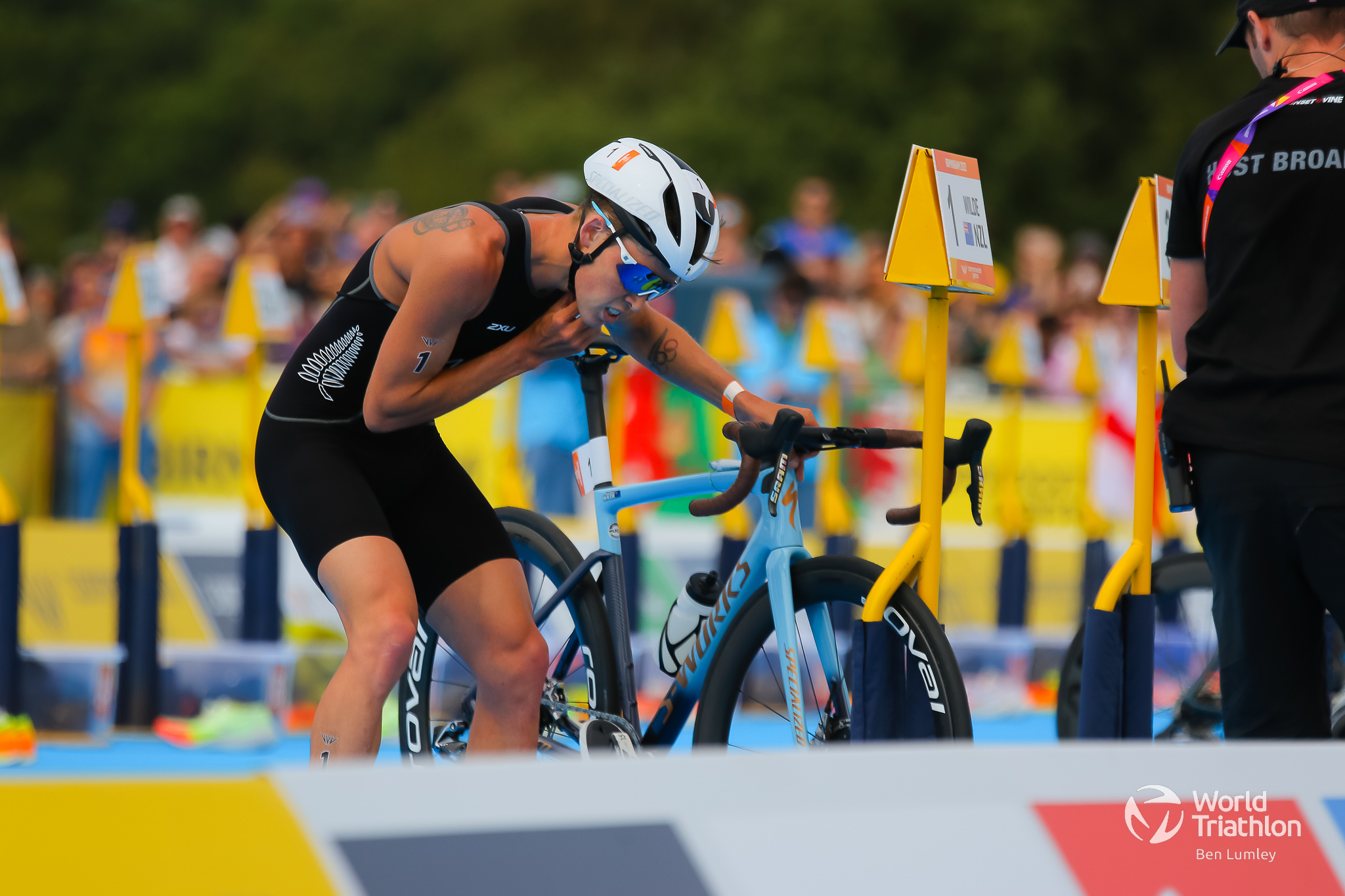Why triathlon paid the penalty at the 2022 Commonwealth Games
A cruel 10-second penalty in the Commonwealth Games undermined the men’s race as a spectacle, but also raised concerns over how the sport is officiated. Tim Heming discusses…

It was always going to be difficult to split Britain’s Alex Yee and New Zealand’s Hayden Wilde. There was just one podium place between them – Yee’s silver, to Wilde’s bronze – in last year’s Tokyo Olympics.
It’s currently two wins apiece in a 2022 World Triathlon Championship Series they’re dominating. Even their 5km personal bests – Yee edging it with a speedy 13:26 – are just 3secs apart.
So, when they entered the final run lap in this year’s Commonwealth Games, with the boy from Brockley in southeast London breathing down his Kiwi rival’s neck, we were destined for a sprint finish for the ages.
Stood a few hundred yards and one sweeping turn from the finish, that’s the way it looked to me too. Wilde screamed past; Yee followed with that bounding stride that makes me think he’d excel as a triple jumper.
They reached the final bend and Wilde, with a low five and fist bump, stopped. A 10-second penalty issued for unfastening his helmet before his bike was properly racked in T2 was the cause.
An appeal was dismissed in the aftermath. At time of print it’s still unclear whether New Zealand might lodge a further complaint with a plea to upgrade to joint gold.

Numerous slow-motion replays are inconclusive. Wilde has his hand on his helmet strap and bike at the same time, but was the bike already secure? The helmet undone? The wording of the rule 7.1a is a little ambiguous.
Honestly, it’s a bit of a mess – the only grey area in an otherwise sunny weekend of action. This is a sensitive area.
Technical officials are essential – willing servants whose intentions are to help provide the fairest and safest race possible. But the laws are in place for fairness and safety, not to trip up triathletes for tiny misdemeanours.
The power bestowed should be used judiciously in the spirit of the sport. Rules may be rules, and a line has to be drawn somewhere, but Wilde fell foul of a law designed to stop triathletes riding dangerously without a securely fastened helmet. What he did was neither unsafe, nor gained him an advantage.
It also detracted from an otherwise exceptional triathlon competition: from the brilliance of Dame Flora Duffy to Non Stanford capping an outstanding career with silver for Wales in the mixed relay; paratriathlete Dave Ellis finding redemption for a snapped chain in Tokyo; the emergence of 18-year-old Katie Crowhurst and Irish twins, Chloe and Judith MacCombe, the latter guided by 60-year-old Anne Paul; and the willingness of triathletes from smaller Commonwealth nations to rise to the challenge.
Common sense didn’t completely go out of the window either. The decision not to pull lapped triathletes off the course was commendable given the greater global showcase it can achieve for the sport.
But Wilde’s penalty was a call that missed the mark. Ten seconds are hard won and easily lost in this sport, and guidance needs issuing over how infringements are applied – not to make it a free-for-all, but to protect the integrity of racing.
Top image credit: Ben Lumley/World Triathlon




